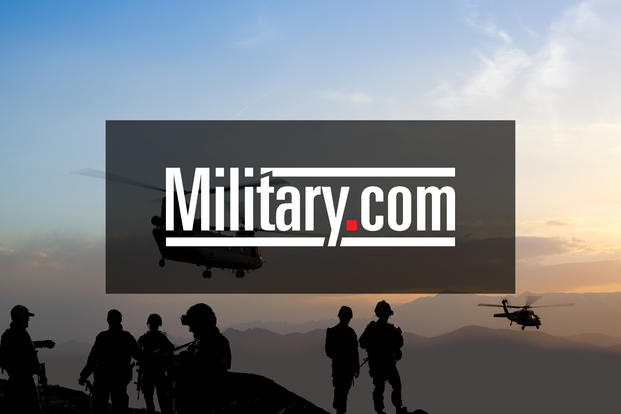When White House officials began kicking around the idea of sending active-duty troops to the southwest border, then-Chief of Staff John Kelly shared his view of what service members were likely to think about the mission.
"We don't like doing it," Kelly, a retired four-star Marine Corps general, recalled telling members of the White House staff, not disclosing whether President Donald Trump was in on the conversation. "... I don't think we want to put men and women in U.S. uniforms with guns on the Rio Grande. It's just something I feel very strongly about."
Related: Troops Who Deployed to the US-Mexico Border Are Getting a Medal
Troops, he added during Thursday event at the U.S. Coast Guard Academy in Groton, Connecticut, see that kind of mission as "someone else's job" -- something that should be handled by state or local police.
Without addressing specifically whether he viewed the border deployments as political, Kelly stressed that the American public respects its military because troops "serve the nation in an apolitical way.
"And the worst thing -- in my view -- is to start to put men and women in military uniform against U.S. citizens, whatever the issue is," Kelly added.
The Pentagon has dispatched thousands of active-duty forces to the U.S.-Mexico border since October 2018. The mission to assist Homeland Security personnel as they deal with the influx of Central American migrants from countries plagued with violence had previously been carried out by National Guard members.
But that changed when Trump warned that a caravan of migrants making their way toward the U.S. on foot called for additional security. Thousands of active-duty personnel -- mostly soldiers and Marines -- have since deploying to carry out missions inside their own country.
Related: Trump Wants More Troops on Border, Implies They Should Get 'A Little Rough'
But that's not how they should be used, Kelly said. While the U.S. Coast Guard regularly operates inside the U.S., he said that's not normal for soldiers, sailors, airmen and Marines.
"Over the past 200-plus years, we don't typically -- if you take the Civil War off the table for a second -- we don't typically deploy and operate inside the United States," he said.
Kelly, a prior-enlisted Marine who served as head of U.S. Southern Command before leading the Department of Homeland Security and later Trump's chief of staff, recalled how, as a private first class, he was sent to Washington from North Carolina during anti-Vietnam War protests.
"I can remember as a young guy ... deploying from Camp Lejeune up to Washington, D.C, to do duty on the streets," Kelly said. "You know, full battle regalia, bayonets on the end of the rifles and all that to control the million or so people that were demonstrating against the war.
"And we hated our job," he added. "[Even] as young PFCs we thought, 'this isn't our job. Why are we here?'"
Kelly, who left the White House in December, said that's the point he stressed to members of the Trump administration who thought sending troops to the border was a "terrific idea."
"I was able to bargain," he said, adding that he got the missions changed to logistics or surveillance duties.
Troops' job, he said, is to fight "the away game," with one exception.
"When there's a natural disaster in our country, it's all-hands on deck," Kelly said. "... And we're all about it."
-- Gina Harkins can be reached at gina.harkins@military.com. Follow her on Twitter @ginaaharkins.












